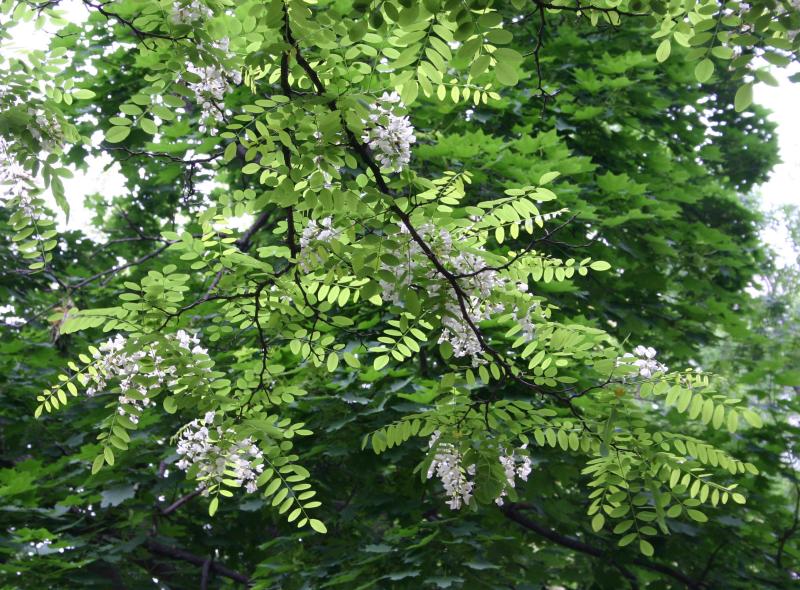Minister wants exception for black locust on EC invasive species list

Rural Development Minister Sándor Fazekas sent a letter last weekend to EU Environment Commissioner Janez Potočnik, calling for the black locust tree (Robinia pseudoacacia), serving as the basis for a great part of honey production in Hungary, to be excluded from the list of non-native species to be banned in the European Union.
In September 2013, the European Commission (EC) presented a proposal to list and ban invasive non-native species, which have been estimated to cause damage worth €12 billion to European agriculture annually. The species on the list will be banned from importation to, selling or use within the EU.
The black locust is known for producing unique transparent form of honey and is noted for its capacity to repair nitrogen-depleted soil. The tree is native to North America and was introduced to Europe in the 17th century, progressing to Hungary in the early 18th century.
Hungary currently produces approximately 10% of all honey in the European Union, with annual production between 25,000 to 30,000 tons; some 80% of this is exported. Government statistics from last March reckon that apiculture comprises 1% of the gross production value of agriculture in Hungary and that as many as 20,000 families earn income from beekeeping or related activities.
SUPPORT THE BUDAPEST BUSINESS JOURNAL
Producing journalism that is worthy of the name is a costly business. For 27 years, the publishers, editors and reporters of the Budapest Business Journal have striven to bring you business news that works, information that you can trust, that is factual, accurate and presented without fear or favor.
Newspaper organizations across the globe have struggled to find a business model that allows them to continue to excel, without compromising their ability to perform. Most recently, some have experimented with the idea of involving their most important stakeholders, their readers.
We would like to offer that same opportunity to our readers. We would like to invite you to help us deliver the quality business journalism you require. Hit our Support the BBJ button and you can choose the how much and how often you send us your contributions.









